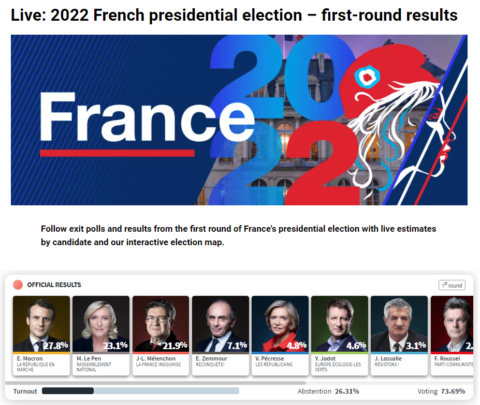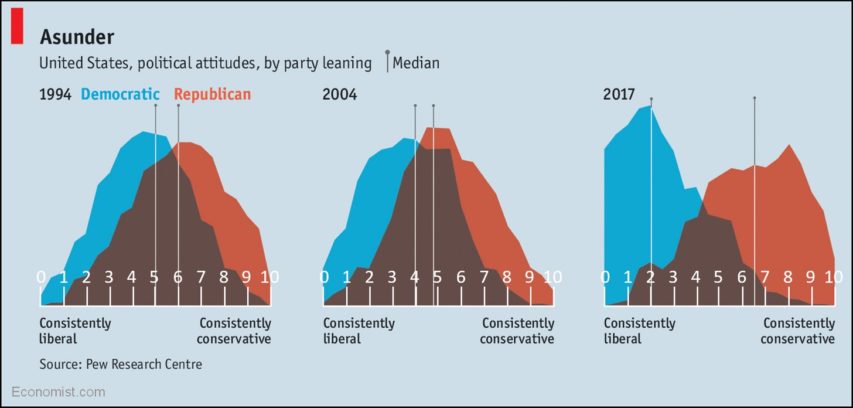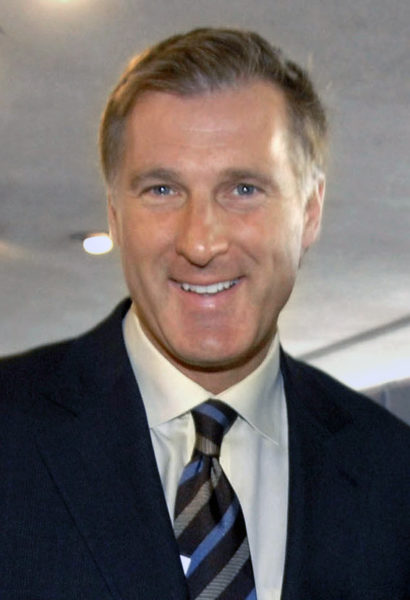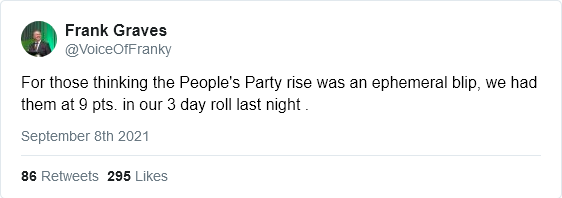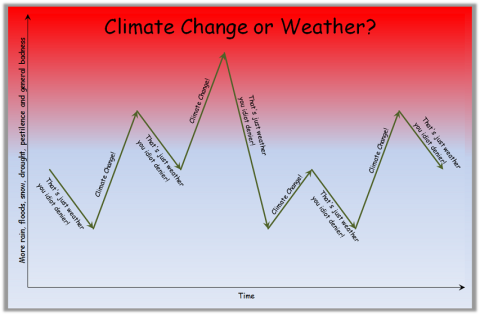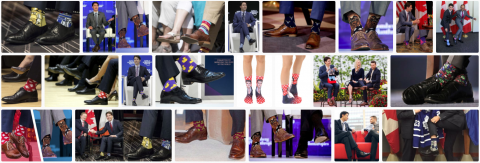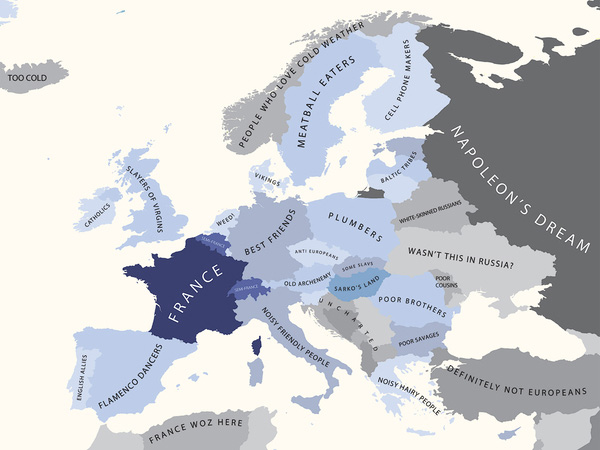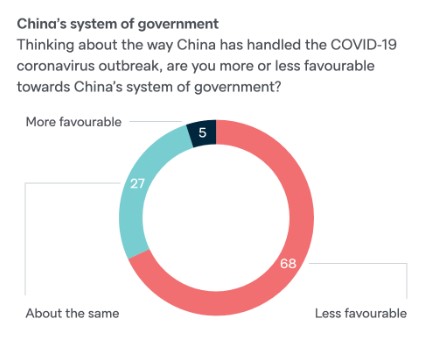In the free-to-cheapskates portion of this Paul Wells essay, he shows why it’s the weirdos, the whackos, and the cheerleaders who get political parties to pander to them and the hair-not-on-fire, steady-as-they-go, non-freaking-out normies who get ignored:
This graph is the best illustration of Canadian politics I’ve seen this year. It comes from Greg Lyle, the pollster who runs Innovative Research Group. He published it in February when downtown Ottawa was full of trucks. It takes some explaining, but we have time today.
On the left are results from a poll Lyle did in 2020. Rail blockades and protests had flared up across Canada, in support of Wet’suwet’en hereditary chiefs who opposed the Coastal GasLink pipeline project. One of the questions Lyle asked in 2020 was, Do you agree or disagree that “If the government agrees to meet with the protestors, they are signaling that anyone can block railways to get what they want”?
On the right are results from a poll Lyle did two years later, in March of this year. Agree/disagree, “If the government agrees to meet with the protestors, they are signaling that anyone can block downtown spaces to get what they want”?
[…]
In addition to NDP, Liberal and Conservative supporters, Lyle tracked opinions of people who support other parties. That’s the yellow line above. It’s nearly useless, a jumble of Green, People’s Party, Bloc Québécois and who knows what else.
But he also tracked responses of people who didn’t express support for any political party. That group’s responses didn’t swing at all between 2020 and 2022. That’s the black line above. Does meeting protesters encourage protests? Sure, on balance, a bit, these non-aligned voters said in 2020 (net +7%). People like them said the same thing in 2022 (net +8). Call this group the people who don’t freak out.
Now. Who gets heard in our politics? It goes without saying that the people in political parties, including the people in governments formed by political parties, are partisan. Liberals will tend to be on that upward-sloping red line in our graph. But what’s more important is that these days, only the people on the steeply-sloping partisan lines pay for our politics.
Since 2011, individual donors are the only source of funds for Canadian federal political parties. Corporate and union donations were eliminated in 2006. Public per-vote subsidies were eliminated in 2011. Today the only way I can pay my political party’s bills is if I can persuade lots of people like you to give me many small sums of money. And the people on that nice, even-keel, non-sloping black line in our graph? The people who don’t view every sparrow that falls as a little morality play about their heroes and the villains they face? Those people will never give anyone a dime. It’s the people who mood-swing wildly — who think our gang is great and their gang is the demon — who can be provoked into donating, again and again, until they max out for the year, and then again starting in January.
Irving Gerstein, the Conservative Party’s chief fundraiser under Stephen Harper, explained all of this in a 2013 column by Ken Whyte that stands as one of the most important documents for understanding our times: “Message creates momentum creates money.” Parties that reside permanently on the sloping lines of a Greg Lyle poll — that think, talk and act like their most fervent supporters — are able to separate those people from their money. Parties that exit the slope for the level meadows of moderation go nowhere.


